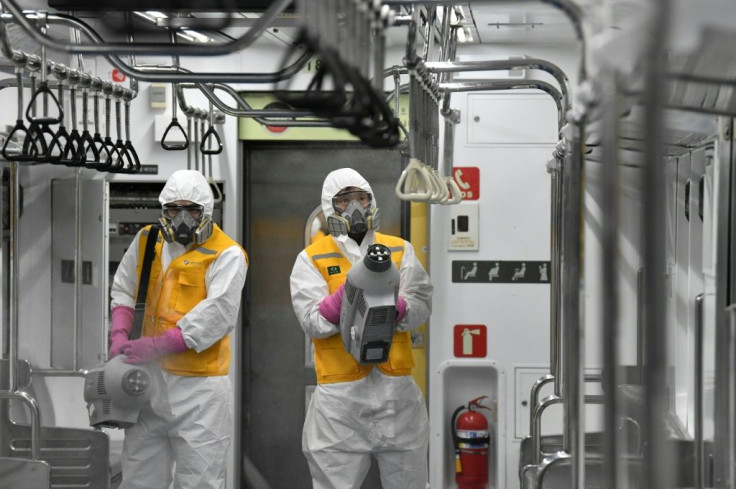Coronavirus Repeat? South Korea Fears Second Wave of Infections
South Korea’s Centers for Disease Control and Prevention (KCDC) is reporting a surge of COVID-19 cases in the city of Daegu, located about 150 miles (240 km) southeast of Seoul.
Daegu Mayor Kwon Young-jin said that 74 of the 87 new cases originated from a single medical facility and that 57 people were moved to an alternate facility to receive treatment. The cases reported by the mayor were later added to the nation’s total that currently stands at about 8,600 confirmed cases and a surprisingly low 91 deaths.
Compared to Italy’s death rate of about 8.3% (2,978 deaths/35,713 cases), South Korea’s rate is only 0.7% (91 deaths/8,565 cases). The fear in South Korea is that another wave of COVID-19 will bring the country closer to the overall death rate of about 4%. In recent days the number of new cases had been on the decline.
The virus is also beginning to creep into departments within the South Korean government. Oceans and Fisheries Minister Moon Seong-hyeok has been in quarantine after more than two dozen ministry officials tested positive for the virus.
Last Friday (March 13), eight ministry officials met with a group of hospital leaders in Seoul to discuss quarantine and treatment for COVID-19. After the head of the Bundang Jeseng General Hospital in Seongnam tested positive for the virus, all eight ministry officials were sent home facing a quarantine of their own.

Other news linked to the pandemic is that the leaders of the world’s 20 largest economies, dubbed the G-20, are trying to organize a coordinated response to the global health crisis.
The G-20 was formed in 1999 when an international debt crisis was ongoing. Its members include finance ministers and bank central governors from 19 nations and the European Union (EU). The group is led on a rotating yearly basis, with Saudi Arabia being the current leader. Together the 20 represent over 80% of the world's GDP.
The Kingdom of Saudi Arabia released a statement Wednesday, March 18, to say that the G-20 would “act in any way deemed necessary” and put forward a set of policies to “protect people and safeguard the global economy.”
Saudi Arabia’s earnestness to safeguard the economy could be questioned over its decision to flood the market with crude oil. That move dropped the price of oil to under $30 / barrel affecting an already plunging market with decreased demand due to restrictions on travel over the coronavirus.
© Copyright IBTimes 2024. All rights reserved.




















